Concerns for Console Gamers: The Impact of the Rise of Digital Gaming


The anticipation surrounding the PlayStation 5 Pro, touted to be the most visually impressive home gaming console to date, has gamers eagerly waiting. Yet, as I look forward to its release, I can’t help but highlight a critical concern: the absence of a disc drive in the PS5 Pro. Sony’s commitment to a fully digital gaming experience will undoubtedly have widespread implications for the entire gaming landscape, leading to a surge in games being released solely in digital formats. While this shift may offer convenience for some, it raises several serious worries for console enthusiasts.
Dependence on Fast Internet
Digital games will primarily be accessible in one of two ways: users can either download titles from digital marketplaces like the PlayStation Store or stream them via cloud services such as Xbox Game Pass. Given the visually demanding nature of modern games, their large file sizes present a significant issue, particularly regarding the Internet speed necessary for smooth downloads and gameplay.
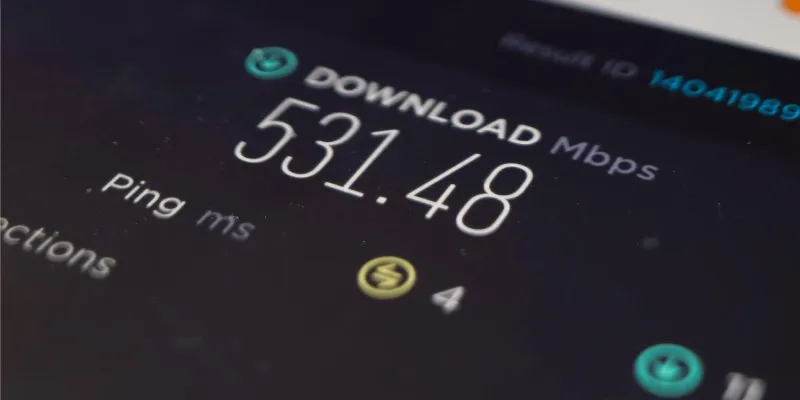
For many individuals, access to high-speed broadband is limited, making the download process of large digital games cumbersome. Additionally, restrictive data caps can lead to significant data usage, complicating the download of hefty game files. Slow Internet connections can also result in frustrating lags and gameplay interruptions. Those who maintain that the transition to digital-only games is insignificant are often from regions blessed with excellent Internet service providers, a situation not shared by everyone.
High Costs for Storage
Modern video games require considerable storage space due to their size. Sony has sought to address this challenge by integrating a 2 TB SSD into the PS5 Pro. However, with most titles ranging from 30 to 70 GB—and many exceeding 100 GB—it’s clear that console storage will fill up rapidly.
For players who don’t mind uninstalling games post-play, this may not pose a major issue. However, for those of us who prefer having our entire gaming library readily accessible, upgrading storage becomes a necessity. This, in turn, costs money as users will need to invest in compatible, high-capacity storage solutions.
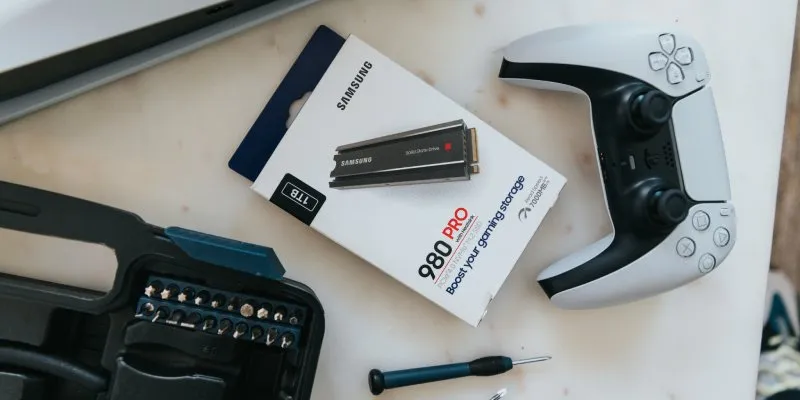
It’s worth noting that not every SSD on the market will suffice for the PS5; it must be a PCI Gen4 SSD capable of reaching read speeds of at least 5500 MB/s, and it also requires a heatsink. Expectations are that the PS5 Pro will similarly demand a high-performance SSD, which will likely come at a premium price.
Elimination of the Secondhand Market
Having been an avid gamer for years, I seldom purchase new titles. In fact, the last game I bought on its launch day was Fallout 4, nearly a decade ago. This approach allows me to capitalize on substantial savings through secondhand game purchases.
While digital games can sometimes be found at discounted prices on online marketplaces, the savings offered for pre-owned titles at places like GameStop, eBay, and independent retailers frequently surpass those of digital discounts. For instance, I recently acquired a used copy of Prey for just $2.
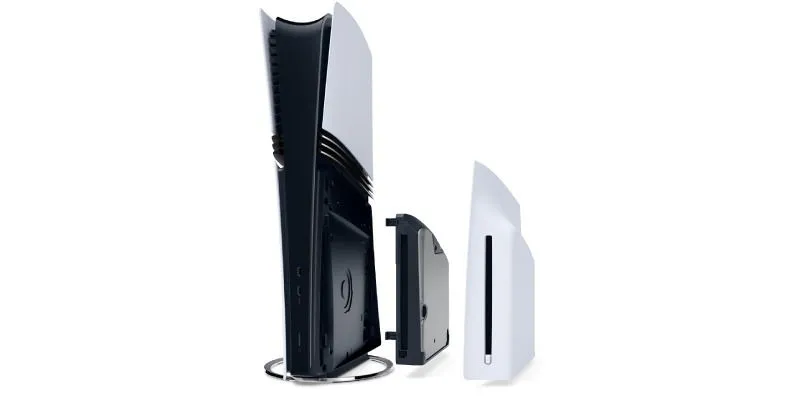
The shift towards digital-only gaming could effectively dismantle the used game market. This means no more trading in games for store credit or seeking deals on pre-owned items. Publishers and digital storefronts will likely tighten their grip on game pricing. With the PS5 Pro’s embrace of digital gaming, physical copies may become a relic of the past, leaving console gamers with diminished choices.
Risk of Game Disappearance
Many players operate under the misconception that once a game is released, it remains available indefinitely. Unfortunately, this is not the reality for digital game licenses. Titles can be removed, or “delisted,” from digital stores due to various factors, primarily legal or technical constraints.
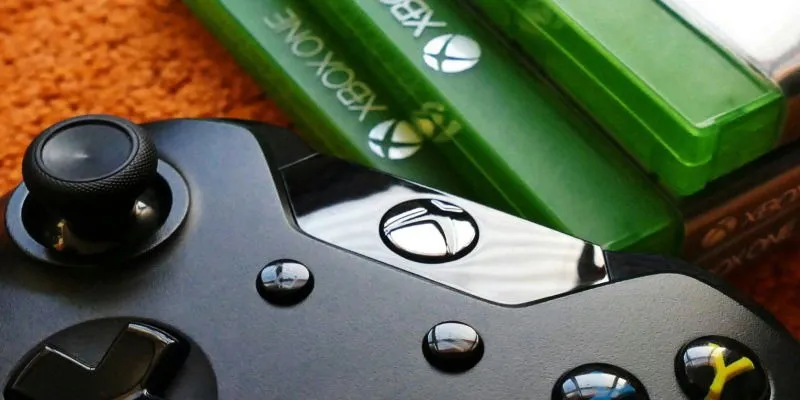
For example, if a game’s soundtrack licensing expires and the publishers do not wish to renew it, the game might be delisted. Additionally, games may face delisting due to challenges in adapting them to newer systems or technical difficulties. Even players who bought a delisted title might find themselves unable to access it. The closure of the Xbox 360 Store recently led to the delisting of a significant number of games, impacting users who had previously purchased them. source.
Challenges in Game Preservation
In earlier console generations, popular titles were routinely released in physical formats, ensuring that even when delisted, the games persisted in existence due to physical copies in circulation. However, the shift towards digital gaming complicates this reality. Many developers forgo physical releases citing the high costs of manufacturing and distribution, opting instead for digital routes as a more feasible option.
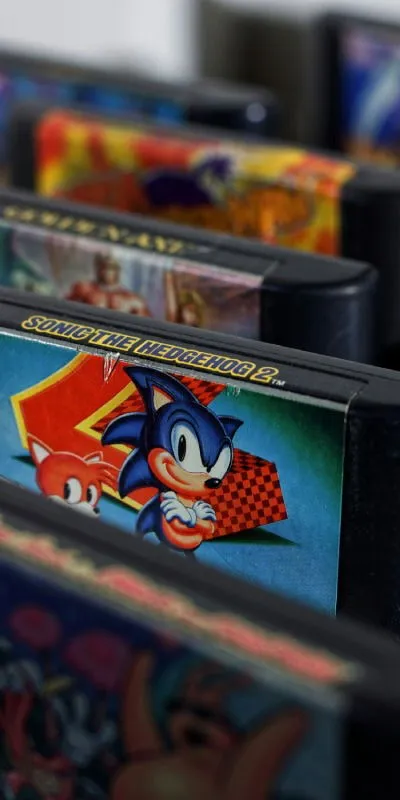
This shift raises significant concerns about the long-term preservation of video games as an art form, particularly with the PS5 Pro launching without a disc drive. The absence of physical formats increases the risk of games becoming inaccessible, hindered by a growing trend where games, along with other media, are lost to history.
The Decline of Collecting as a Hobby
If digital-only releases become the norm, the collector’s aspect of gaming could be severely diminished. Without tangible products, such as box art, manuals, or inserts, there will be no physical items to collect or display.
The introduction of the PS5 Pro signals an exciting advancement in gaming technology, promising stunning graphics and gameplay experiences beyond our previous imaginings. Yet, the absence of a disc drive raises valid concerns about the future of console gaming, particularly spelling the potential end for physical media in the gaming world. While limited-edition and premium collector versions may still exist for enthusiasts, the mass production of standard physical copies seems to be rapidly fading, presenting significant worries for console gamers for the reasons elaborated above.
Image credit: White Sony Dualshock 4 controller for PS4 with online store on television screen by DepositPhotos
Leave a Reply